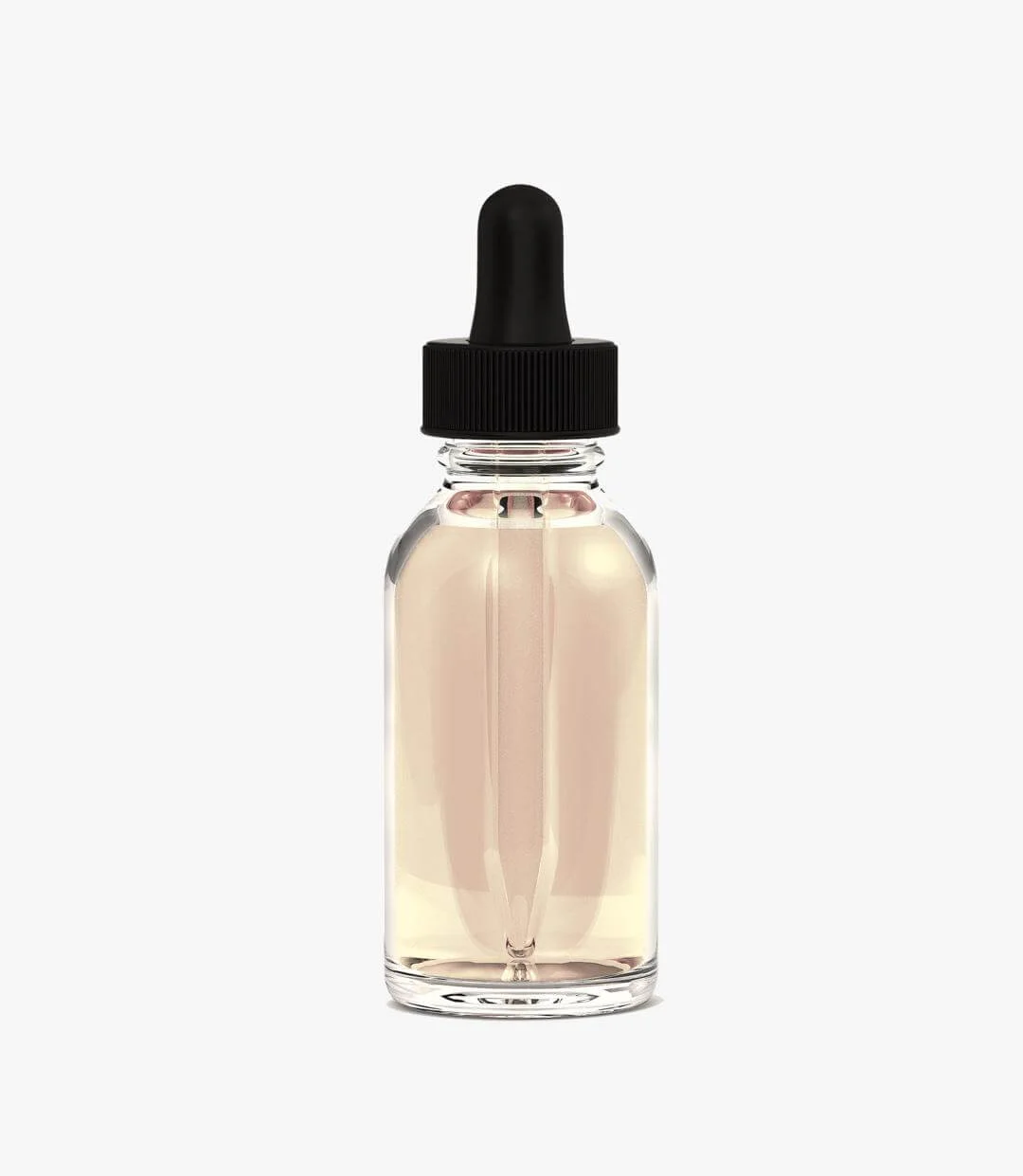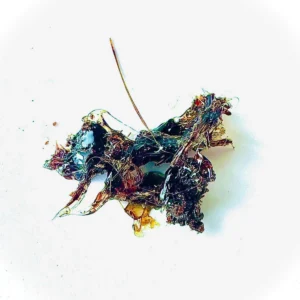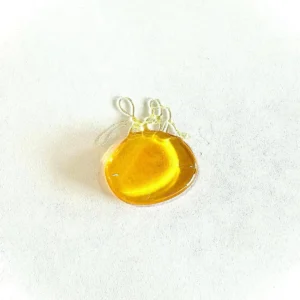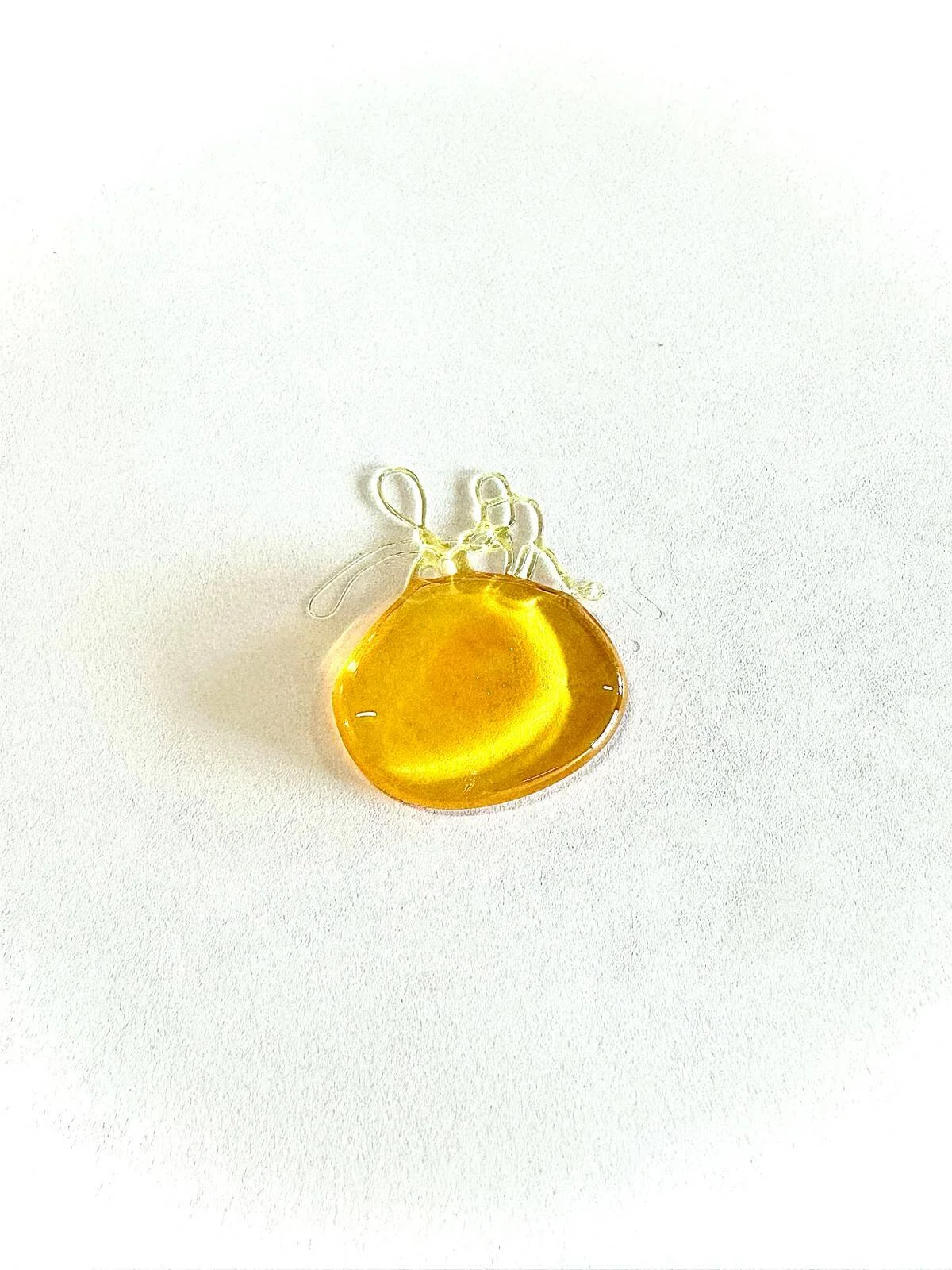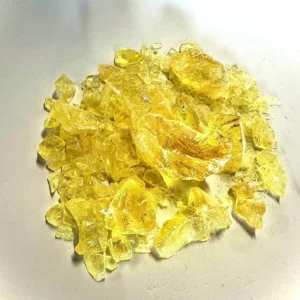What is THCH?
Industrial hemp contains hundreds of compounds called cannabinoids, flavonoids, terpenes, terpenoids, and alkaloids. Around 150 minor cannabinoids have been identified in the plant, as confirmed by a 2022 study. THCH, or tetrahydrocannabinoxol, is a minor cannabinoid in cannabis but is found only in low concentrations in the plant. It is a compound that occurs naturally in nature and can also be produced synthetically.
Who found THCH?
The cannabinoid THCH was discovered in 1942 by Roger Adams. In 2019, a group of Italian scientists, the same group that discovered the cannabinoid THCP, succeeded in isolating it from the cannabis plant. Both compounds are rare and likely psychoactive. A study published in the journal Scientific Reports states that the researchers not only identified THCH but also CBDH.
How is THCH produced?
The researchers used a chromatography column to separate small amounts of THCH from the extract of cannabis strain FM2, the same strain in which they identified THCP. This process is called separation of substances by chromatography.
The researchers poured the cannabis extract into a chromatography column filled with silica filter particles. This method yielded a variety of cannabinoids at different column and flow rates.
THCH Production: How does it work in practice?
Dr. Mark Scialdone is a recognized expert in organic chemistry, specializing in the chemistry of natural products, and has pointed out that THCH products are not natural. In support of this claim, he cites a study describing the synthesis of THCPs through a chemical reaction. He argued that cannabinoids with different carbon chain lengths, such as THCH, are not extracted from cannabis but are produced synthetically.
According to Dr. Scialdone, scientists use a chemical process called “terpenylation” to produce THCP, which combines a substance called heptylresorcinol with a terpene derivative of limonene called PMD (p-mentha-2,8-die-1-ol). This process produces a new molecule that has a longer chain than THC. So instead of adding extra carbon atoms to the THC molecule, scientists use a synthetic substance (precursor) that already has the correct number of carbon atoms when terpenylated.
To produce THCH, chemists use resorcinol with a chain length of six carbon atoms (hexylresorcinol). Resorcinol is an organic chemical compound belonging to the benzenediols.
But since one Italian cannabis variety (FM2) is certainly not enough as a source of THCH for commercial production, it can be synthesized from other cannabinoids, for example by converting CBD/CBDH into THCH.
Chemical Structure
THCH (Δ9-THCH, Δ9-Parahexyl, n-Hexyl-Δ9-THC) is the hexylhomologue of delta-9-THC (THC or tetrahydrocannabinol). This means that it has a similar structure to delta-9-THC, but instead of the classic pentyl side chain, it has a hexyl side chain.
In chemistry, the term homologue refers to a series of chemical compounds that differ from each other by a repeating unit. In the case of cannabinoids, the usual repeating unit is the length of the alkyl side chain attached to the molecule.
Hexyl is an alkyl group consisting of six carbon atoms in a linear chain. And that’s exactly what THCH has. So THCH contains the same functional groups as THC but has a different length of the side chains.
As suggested by a 2018 study, side chains in cannabinoid compounds can lead to changes in the affinity and pharmacology of cannabinoid receptors.
Effects of THCH
Due to the chemical structure, THCH can bind more effectively to receptors in the brain (CB1), making it also more active on these receptors than THC. THCH seems to bind up to 10% more efficiently to these receptors. Some vendors report that the activity on the CB1 receptor is up to 25 times stronger than THC, suggesting that it is another cannabinoid with very intense psychoactive effects. However, it should be noted that a stronger binding to receptors does not automatically make a compound more potent. Although THCH appears to be more active, this does not necessarily imply an overall effect on the body.
The claim about the strength of THCH’s effect on receptors is not scientifically substantiated. Therefore, it is necessary to await relevant research and take this information with a grain of salt.
As we have mentioned, THCH has psychoactive properties. Some users have reported relaxation, euphoria, improved mood, pain relief, and intense physical and psychological effects.
The Italian research team behind the discovery of THCH tested its pharmacological effects on mice and suggested in a scientific study that THCH helps relieve pain-related sensations.
As a tetrahydrocannabinol compound, THCH is expected to have similar properties as, for example, THC:
- Appetite stimulation
- Relief of symptoms of pain and inflammation
- Neuroprotective properties
- Aid in nausea
- Sleep support
Further research is needed to demonstrate the potential benefits. Most reported effects are based on a single study and anecdotal reports from users. The cannabinoid THCH may have similar effects to THC, but is likely to have a more intense effect on the body.
Reported effects of THCH allegedly last longer than those of other cannabinoids with psychoactive properties. Even this claim, however, is not scientifically substantiated and is based solely on user experience.
Potential Risks and Side Effects
While scientists agree that natural cannabinoids are safe for medical and recreational use, the purity and safety of synthetically derived cannabinoids often cannot be documented.
Dr. Bonni Goldstein, a physician from California who has been recommending cannabis to patients for 15 years, warns patients against using such substances: “Natural cannabinoids have been found to be among the safest compounds we know; however, the new synthetically produced cannabinoids are not only contaminated with a number of toxic substances, but can also cause adverse effects.”
Scientists have discovered unknown substances such as unnatural isomers, residual solvents, and other unidentified compounds in some synthetically produced products. This makes them potentially dangerous products for human consumption.
Potential side effects of THCH include:
- Anxiety
- Increased heart rate
- Headache
- Fatigue and drowsiness
- Dry mouth
- Redness of the eyes
- Paranoia
For THCH, like most minor cannabinoids, there is a lack of scientific research on its effect on the human body.
